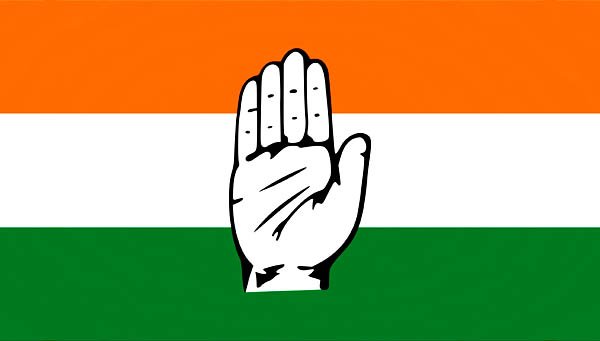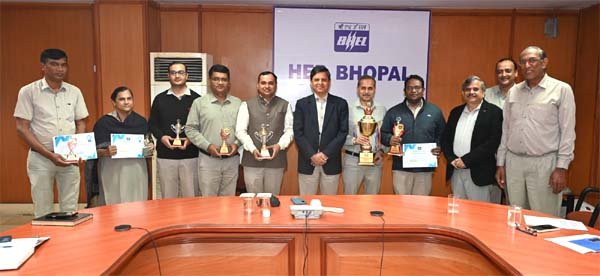New Delhi, Sept 4 (UNI) Following the government’s announcements on GST reform last evening, the Congress today criticised the move, accusing the government of making minor adjustment to a broken system instead of ushering in the long-promised GST 2.0 overhaul.
Senior Congress leader Jairam Ramesh while slamming the reform said that while the latest measures may offer some festive season relief, they fall well short of the deep structural reforms India needs.
“The Indian National Congress has for long been advocating for a GST 2.0 that reduces the number of rates, cuts the rates on a large number of items of mass consumption, minimises evasion, mis-classification, and disputes, does away with inverted duty structure (lower tax on output as compared to inputs), eases the compliance burden on MSMEs, and expands GST coverage,” Ramesh said in a statement on X.
He took aim at the process itself, saying that the key outcomes of the GST Council meeting were already revealed by the Prime Minister in his August 15th Independence Day speech well before the Council met.
He said, “The Finance Minister has made major announcements last evening after the meeting of the GST Council, which is a constitutional body. However, even before the GST Council meeting, the Prime Minister had already proclaimed the substance of its decisions in his Independence Day speech of August 15th, 2025. Is the GST Council to be reduced to a formality?”
Ramesh further criticised the GST 1.0, calling it a “deeply flawed” design that the Congress had flagged as early as July 2017.
“Faced with a lack of buoyancy in private consumption, subdued rates of private investment, and endless classification disputes, the union Finance Minister has finally recognised that GST 1.0 had reached a dead end. In fact, the very design of GST 1.0 was flawed and this had been pointed out by the INC way back in July 2017 itself, when the PM had made one of his typical U turns and decided to introduce GST. It was meant to be a Good and Simple Tax. It turned out to be a Growth Supressing Tax,” he said.
He said, “Last evening’s announcements have certainly made headlines since the PM had already laid down the pre-Diwali deadlines. Presumably the benefits of rate cuts will be passed on to consumers. However the wait for a true GST 2.0 continues. Whether this new GST 1.5, if it can be called that, stimulates private investment – especially in manufacturing – remains to be seen. Whether this will ease the burden on MSMEs, time alone will tell”.
“Meanwhile, one key demand of the states made in the true spirit of cooperative federalism — namely, the extension of compensation for another five years to fully protect their revenues— remains unaddressed. In fact, that demand assumes even greater importance now,” Ramesh said.
GST 2.0 falls short of deep structural reforms India needs: Cong











